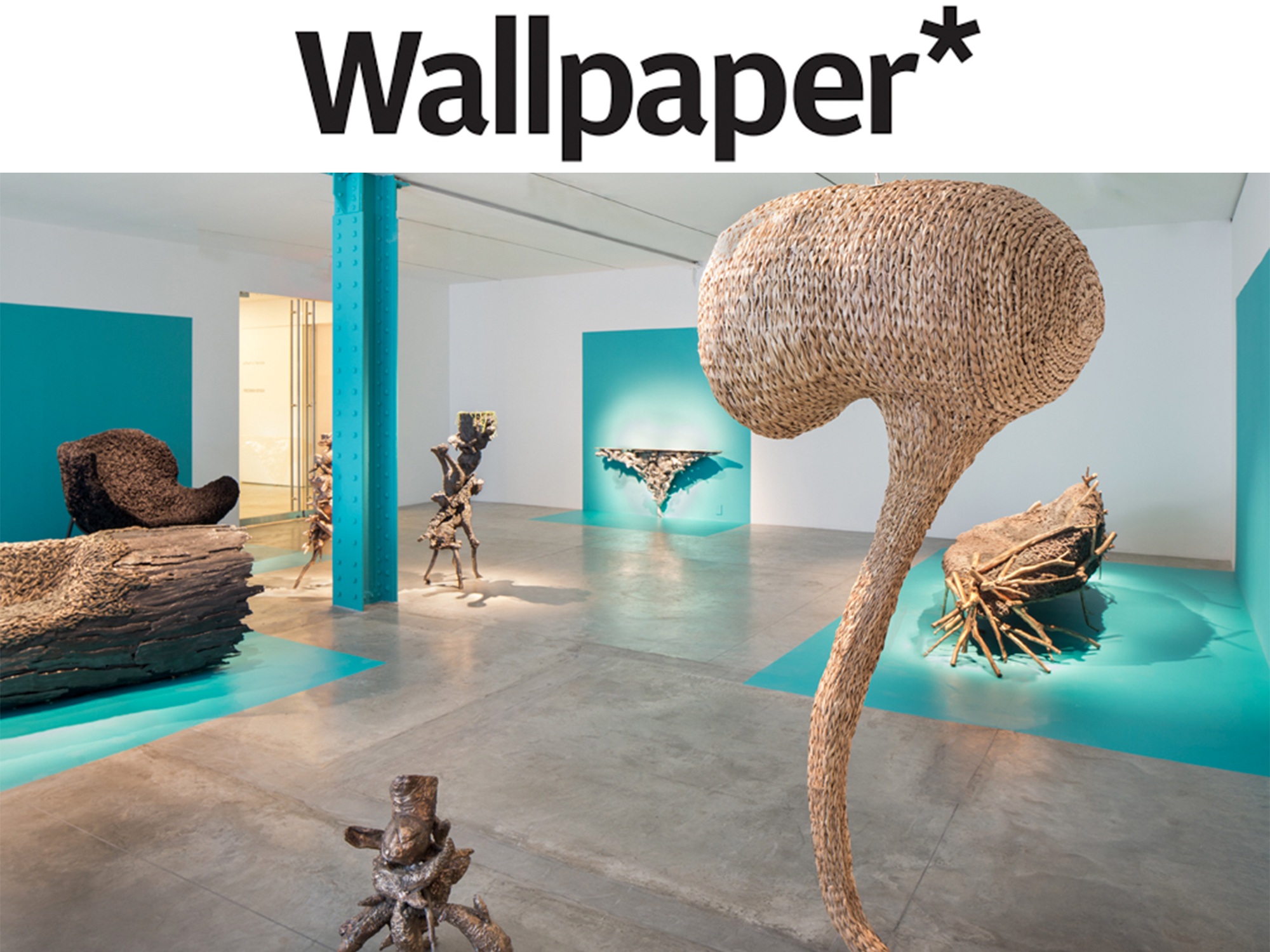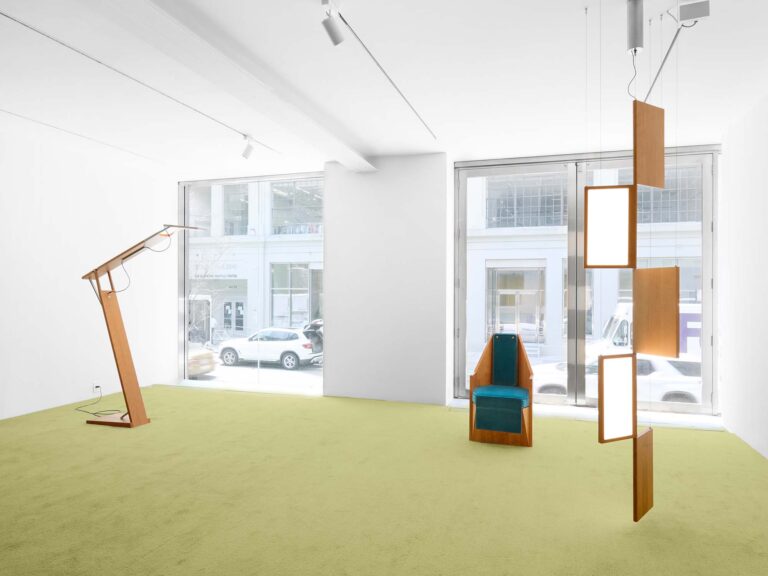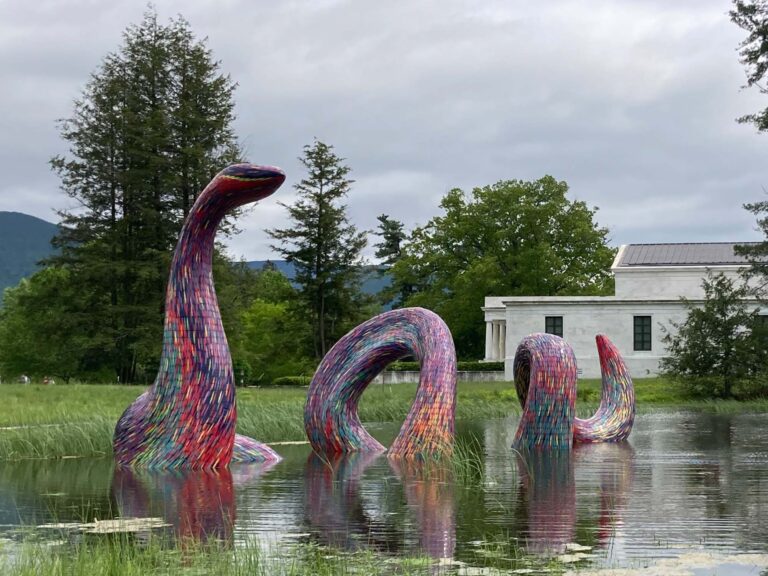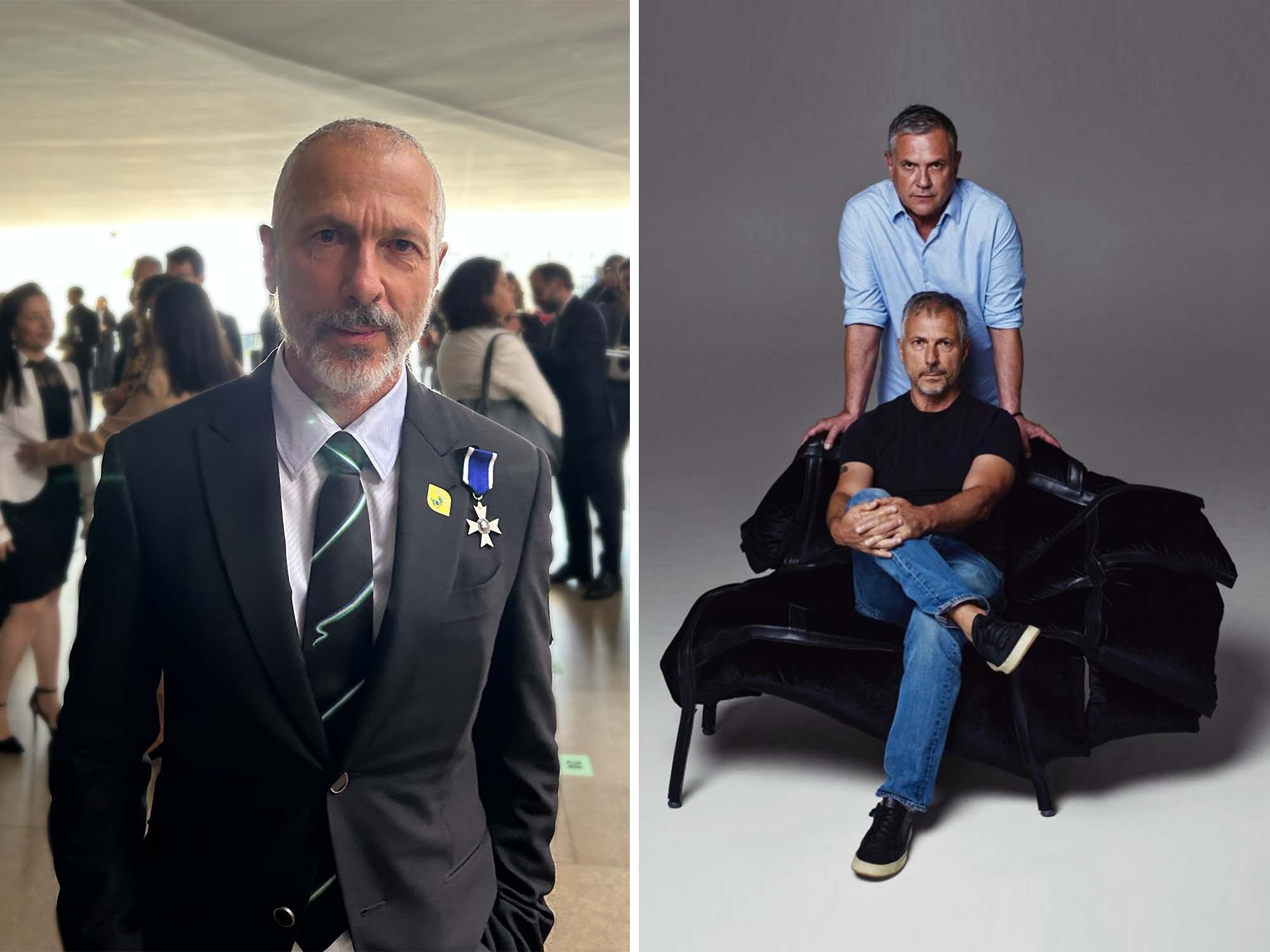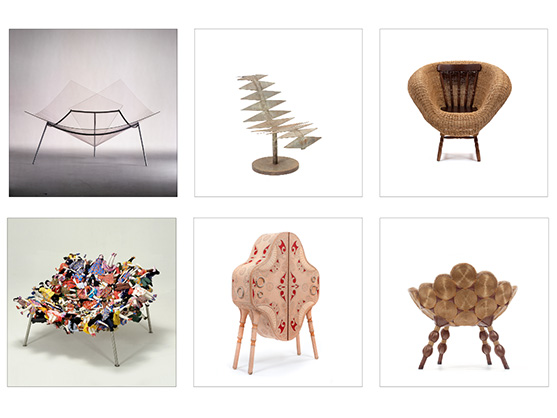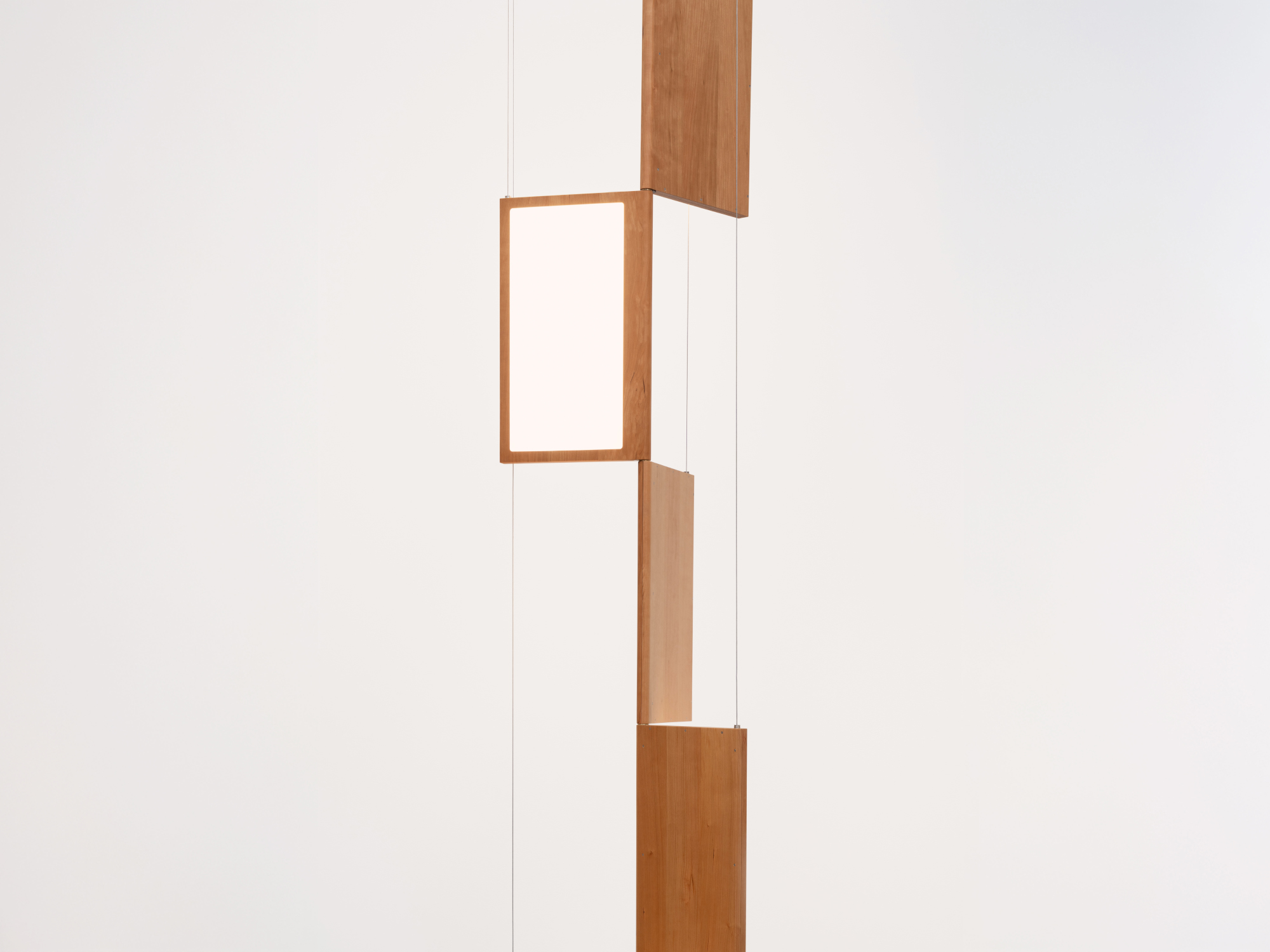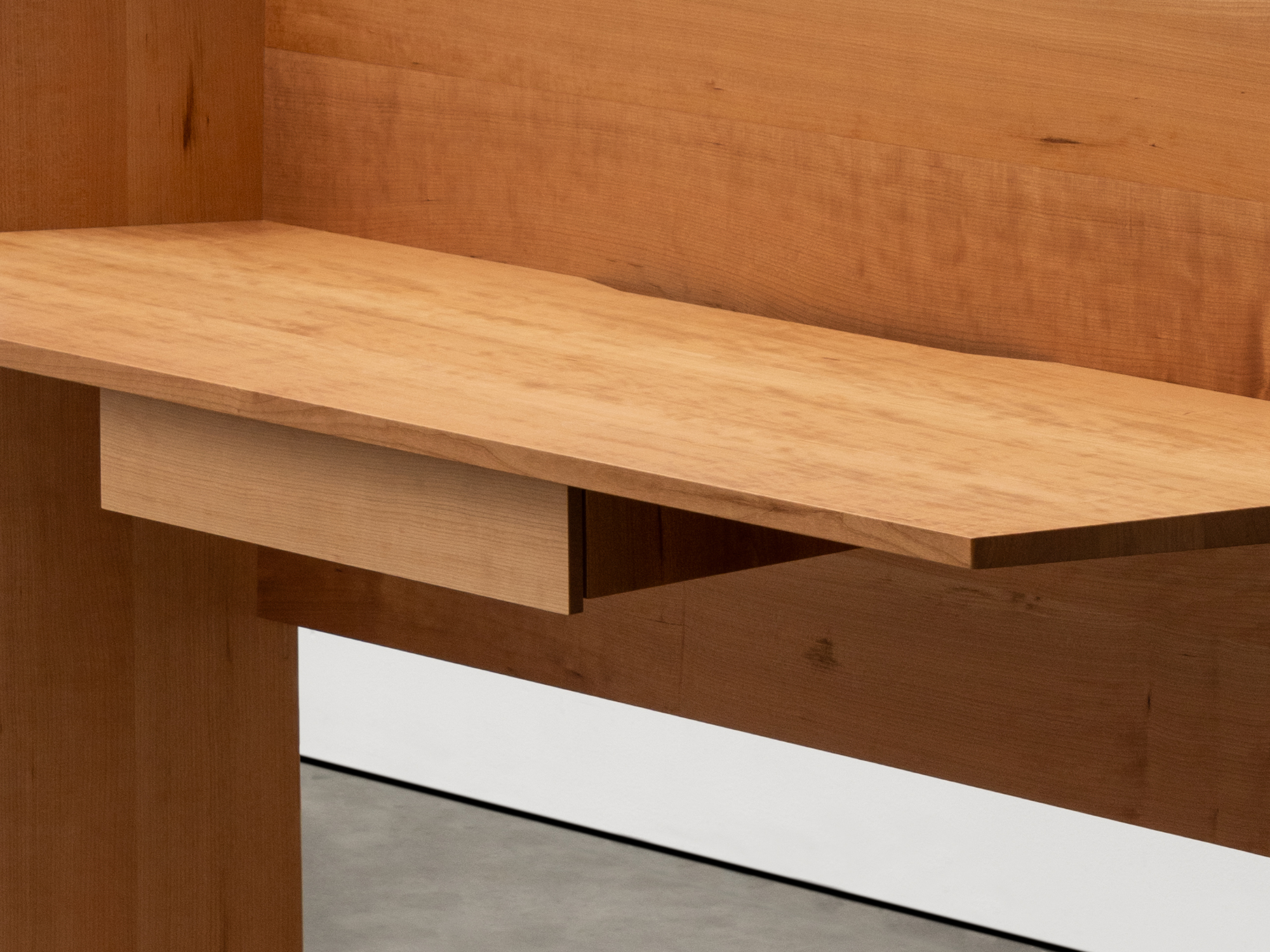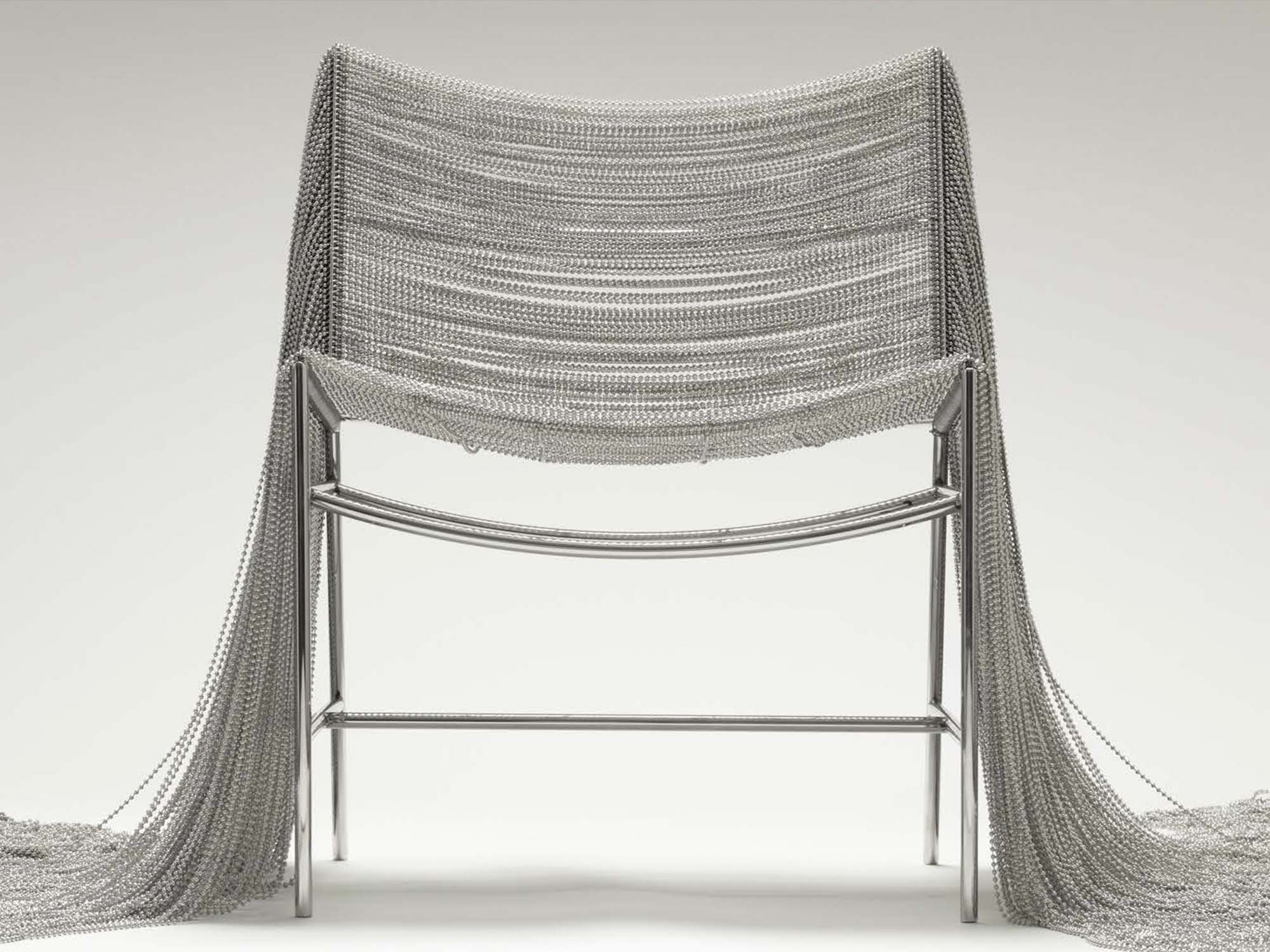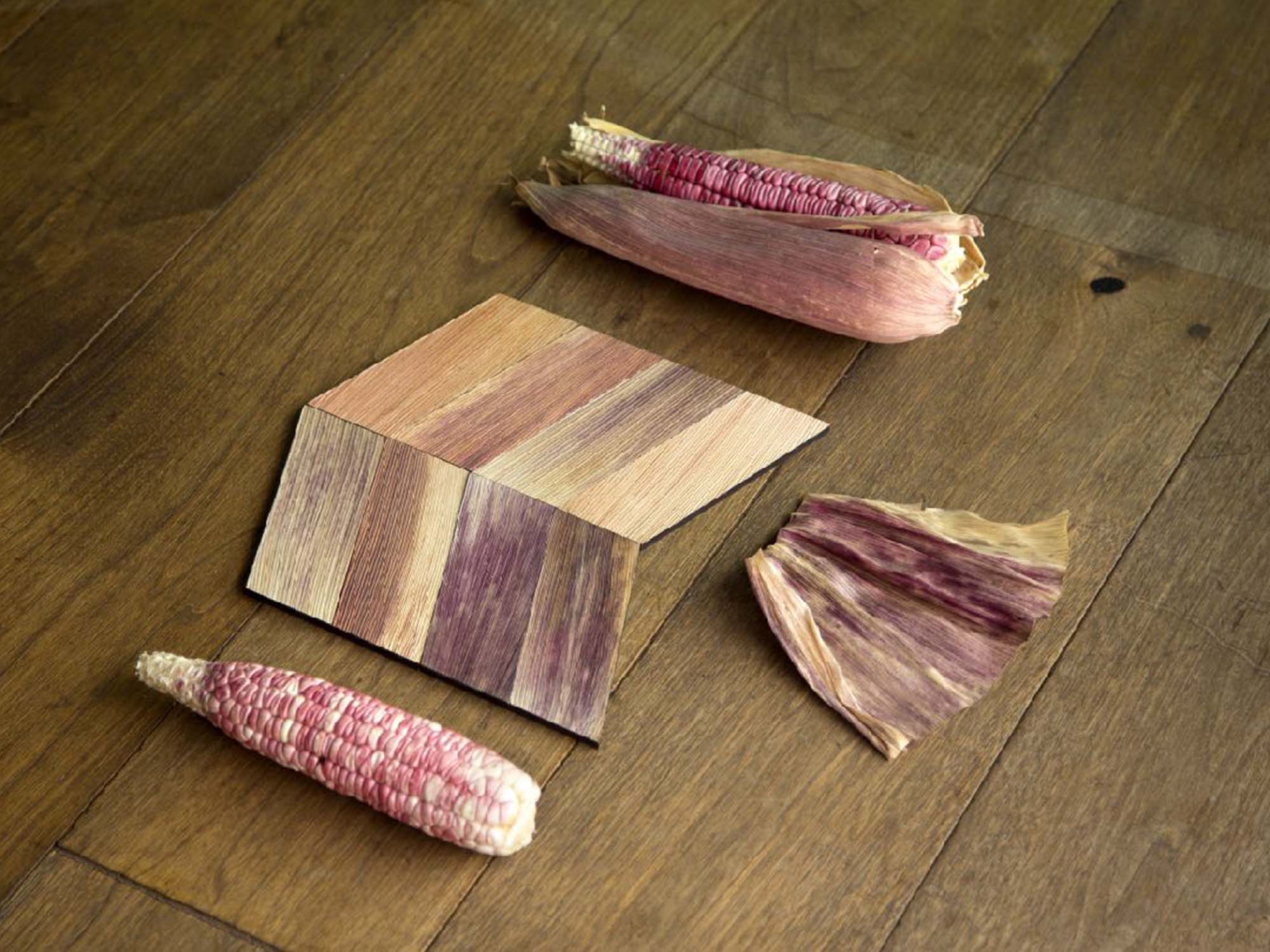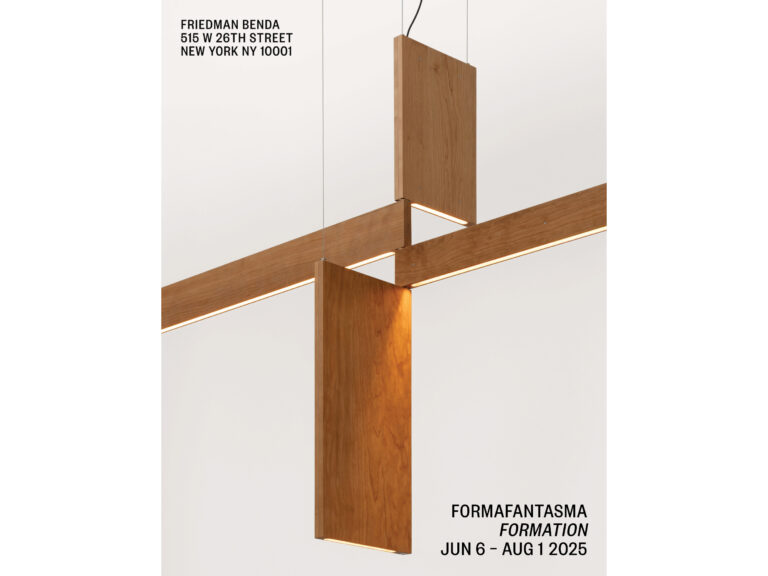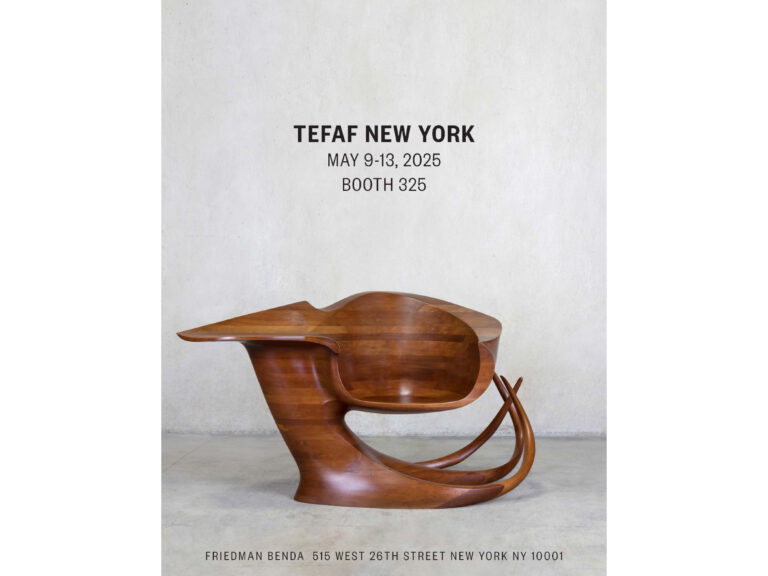By Olivia Martin
Brazilians are a hybrid people – since the Portuguese arrived and colonised Brazi, our DNA is mixed. We combined materials and objects, animal parts and human parts to reflect this hybridism,’ Humberto Campana says of his and his brother Fernando’s approach to ‘Hybridism’, Estudio Campana’s latest – and highly personal – exhibition at New York gallery Friedman Benda.
The collection of furniture, objects and sculptures borders on surrealism with its anthropomorphic and botanical shapes and dizzying piles of cast aluminium animals. Everything is derived from the Campana brothers’ lives, from their childhood in the Brazilian countryside to global politics. ‘The objects are playful, but they are very heavy, a reaction to what is happening to the planet: immigration, the Brazilian political situation, Trump. All these bad things are happening and I needed show my abomination,’ Campana says.
Collaborating with Brazilian craftspeople across the country, the Campana brothers worked a lot in collage, ‘playing God’ and expressing their mixed emotions through endemic materials and a mix of new and traditional processes. Many of the animals represented come from the brothers’ memories of growing up on a farm.
‘The forest in Brazil is becoming devastated and there is an apparent lack of interest from the president to take care of it,’ Humberto says. ‘The animals cannot speak for themselves so I try to represent them as begging for salvation. The story of Noah’s Ark is about this asking and requesting of salvation and being the chosen people.’
A key piece is the ‘Noah Bench’ with a frame comprising animals leaping out and a seat covered in bright green woven fabric. Humberto was inspired to make the piece as a type of catharsis after having a benign (but nonetheless alarming) tumour removed. As a whole, ‘Hybridism’ oscillates from these deeply intimate moments to broader concerns, questioning whether anything is really whole, or if we are all, in fact, merely a composition of our experiences, cultures and situations.
